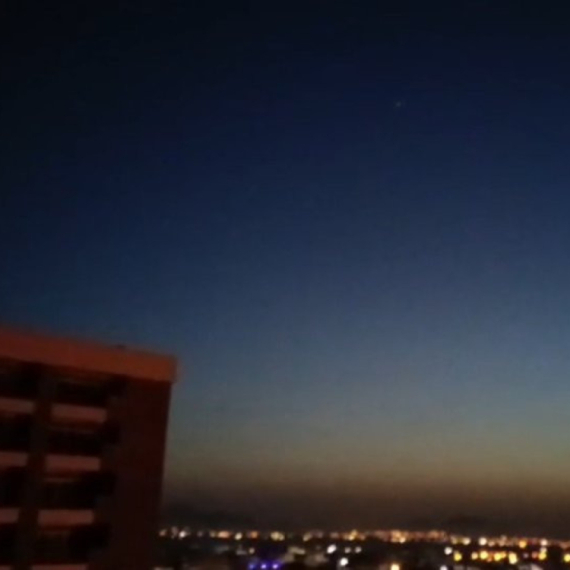15 years since NATO airstrikes against RTS
On the night of April 23, 1999, at 02:06 CET, NATO carried out airstrikes against the building in downtown Belgrade housing Serbia's public broadcaster RTS.
Wednesday, 23.04.2014.
09:54

15 years since NATO airstrikes against RTS
The victims were makeup artist Jelica Munitlak (28), video mixer Ksenija Banković (28), tehcnicians Darko Stiomenovski (26), Nebojša Stojanović (27) and Branislav Jovanovic (50), security guards Dragorad Dragojević (27), Dejan Marković ( 39) and Milan Joksimović (47).Among those killed were also electrician Dragan Tasić (31), cameraman Aleksandar Deletić (31), technicians Slaviša Stevanović (32) and Ivan Stukalo (34), program designer Siniša Medić (32), mechanic Milan Jankovic (59), television director Tomislav Mitrović (61) and assembler Slobodan Jontić (54).
The Association of Journalists of Serbia (UNS) stated on the anniversary that "the whole investigation of this war crime has not been carried out yet." It warned that the 1999 attack established the practice of using military force against the media in international conflicts, despite the fact that they are civilian objects and should not be considered a military target.
The statement stressed that all major global human rights organizations condemned the killing of civilians, while Amnesty International said it considered the deliberate attack on the RTS building as a civilian structure and the killing of 16 media workers a war crime.
The association called on the Ministry of Defense and Military Security Agency to make available to the Commission for Investigation of Murders of Journalists all relevant facts to determine those responsible for this serious crime.
Human Rights Watch in 2000 said that there was no justification for the bombing of the television outlet.
The UNS also recalls that the European Federation of Journalists (EFJ) in 2011 invited its members to join April 23 as day of remembrance of the 16 RTS employees killed in the NATO bombing.
NATO leaders have argued that the attack was "justified" by presenting contradictory explanations. A special commission of the Hague Tribunal, which investigated the case, did not propose to the prosecution to initiate criminal proceedings.
Former director of RTS, Dragoljub Milanović, was put on trial and in 2002 sentenced to ten years in prison on the grounds that he did not comply with an order of the then federal government to evacuate people and equipment from Aberdareva and Hilandarska streets.
UNS also stated that it supports and appreciates the current work of the Commission and "expects that it will play a key role in solving all the circumstances of the murder of 16 media workers."
The Commission was established to determine the truth about the murders of journalists Dada Vujasinovićc, Slavko Ćuruvija, and Milan Pantić, but has since expanded its mandate to the RTS case.
Commission President Veran Matić said that this body had new information about the killing of RTS employees during the bombing in 1999, but that in the interest of the investigation he could not reveal this information.
Matić said that the case was quite complicated, as a court process has already been done which ruled against Milanović, but added that there was an open possibility for "a much broader line of responsibility."
He added that the Commission determines guilt on several levels. The first should investigate how it was possible that the building was not evacuated properly and to determine the responsibility in the chain of command.
The second level concerns "international responsibility" - that is, accountability of those who first made the decision to bomb a media house and cause the death of 16 people.
He added that prejudices were created wrongly that further investigating will try to "amnesty" those who directly carried out the airstrikes, but added a part of the investigation was focused on them and that the Commission wants to establish who was responsible in this case.
In memory of those who died in the night of April 23, 1999, a memorial with the inscription "Why?" was placed in Tašmajdan Park by the victims' families and friends.

























































Komentari 50
Pogledaj komentare